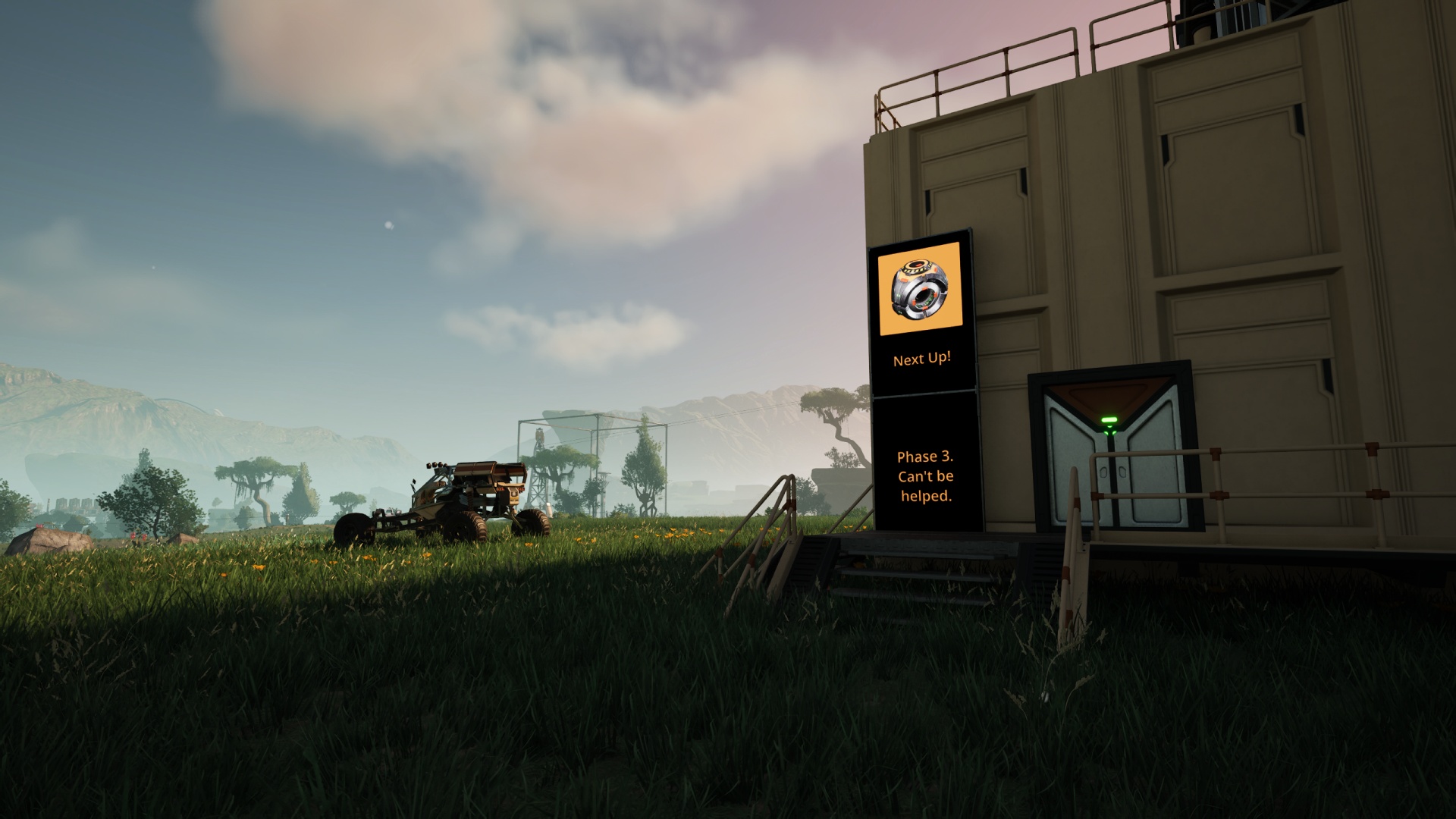In the rather lively Slashdot discussion entitled, “Where Should Space Exploration Go From Here?” we are treated to a variety of crackpot schemes, conspiracy theories and the usual Slashdot-isms. Also, twice, we see a link to this Washington Monthly article that was originally published in 1980, before the now-lost Columbia ever saw Earth orbit. I’ll give you a quick sample:
Technical problems are just that: technical. Much of what’s wrong with the shuttle will someday be fixed. If money is no object, as it usually isn’t in space launches, we can pay more for reusable shuttles than for throw-away rockets if we have to. But the question never answered is–what will the shuttle do that rockets couldn’t do?
It can’t launch more than they can; sometimes, it can’t launch as much. (Even the 65,000-pound target pales compared to the 250,000 pounds a Saturn V could hoist.) It can’t bring back satellites. It can’t keep a space station aloft even a fraction as long as Skylab stayed up there. It has no scientific value. It just has men in the front seats … and an enormous amount of weight and equipment devoted to bringing them, and an empty cargo bay, back in one piece.
There is something noteworthy a rocket can do that the shuttle cannot. A rocket can be permitted to fail. What if a billion dollar spaceship wipes out on a “routine” mission “commuting” to space with some puny little satellite? Cooper fears it might drive a stake through the heart of the manned space program. Would the public stand to lose a quarter of the fleet in a single day? Would it fork over another billion dollars to build a replacement? Would it stand for spending millions to train astronauts to be truck drivers, only to lose truck and drivers both? The prospect makes the old rockets seem kind of nice. One of the old throw-away jobs could go haywire, and spiral down into the ocean off the Bahamas, and everybody would feel miserable and millions would be wasted and everybody would go back to work. Lost it, dammit–but then nobody ever expected it back.
It’s depressing as well as disturbingly prophetic, and I had to read through the whole article twice before I could wrap my brain around it. I’ve been such a big fan of the Shuttle project for so long now that it’s hard to read such a dissection without squirming uncomfortably.
Later in the Slashdot threads comes this posting, which I copy here almost in its entirety (but for the last few sentences which I found to be unneccessarily offensive):
For space exploration purposes, people suck. They have two advantages- local decision making ability, and propaganda value. That’s it.
By all other standards human beings are horrible astronauts. They need to be pampered with reasonable temperatures and pressures, a comfortable oxygen environment, water, food, toilets, thick heavy shielding from cosmic rays, and worst of all, a return trip! The rockets carrying them need to conform to tighter specifications and when they inevitably crash we have to sit through another God Bless America orgy. Humans get unexpected disorders and diseases and require elaborate medical care. Even in pedestrian frontiers like Antarctica we’ve been treated to spectacles like a doctor performing a biopsy on herself and administering herself chemotherapy using medical supplies dropped from a plane. Can you imagine someone developing cancer, appendicitis, or schizophrenia halfway to Mars? Although it would save a great deal of money and actually make some missions practical to carry out, we would never ask a volunteer to go to the surface of Mars or Europa and then take a cyanide pill. But that’s because we’re a bunch of hypocrites. This is practically what we are doing when we send people into space.
This is all a high price to pay for local decision making ability, especially when you consider that humans are likely to travel no more than a few light-minutes away anyway, in regions of the solar system that are easily accessible by radio with relatively short ping times. And there is NO reason to send people to low earth orbit. What the hell is the point of that? LOW EARTH ORBIT IS NOT SPACE EXPLORATION.
Robots make much better astronauts than people do. When they’re in accidents, nobody cares. In fact, the French crashed an unmanned rocket last month and it was a one day “ha ha” story. Our robots have visited several planets and have even landed on the surface of a few of them. Despite the small amounts of funding they get, their track record is much more impressive. And there are many more things we would be doing with robots within the solar system, if it weren’t for the crowd-pleasing money pits known as the Space Shuttle and the International Space Station.
And what the hell is the point of these programs? Critics usually counter with some dumb argument involving the Wright brothers. But air travel has obvious benefits. You can get from point A to point B really fast in an airplane. What is the point of cramming people into garbage cans in low earth orbit? Except to suck money away from more deserving programs? In a few years our launch window for Pluto will have expired. It is receding into the further part of its orbit. By the time a probe arrives, its atmosphere will have frozen onto its surface where it will remain for centuries. You could fund a dozen of these programs with the money wasted on a single shuttle launch.
– “MillionthMonkey,” Slashdot user
I don’t have the answers. I wish I did. But I’m a bit wiser now than I was when I started the day, and that has to count for something.
Slashdot: Space Exploration…
